Ethiopia
Tigrayan authorities provided images of the Agula camp, located outside of the regional capital Mekelle. There, tanks and heavy weapons were being handed over to the federal forces.
This development is a key enactment of the peace deal signed under the aegis of the African Union last year.
The terms of the November 2 agreement between Ethiopia’s government and the Tigray People's Liberation front party include disarming rebel forces, restoring federal authority in the norther province and reopening access and communications to the region.
The draft said the former warring sides agreed to stop "collusion with any external force hostile to either party."
But the future remains unclear. The Tigray forces have claimed troops from Eritrea were still active in the region and causing destruction.
The African Union envoy helping to mediate the talks, Olesegun Obasanjo, called for the withdrawal of quote on quote "foreign troops."
Access there being restricted, it is impossible to independently verify the situation on the ground.
The precise toll of the conflict, which was largely fought amid media restrictions during nearly two years, is still unknown.
Humanitarian operations have been ramped up since the peace deal, but the amount of food and medical aid delivered remains inferior to the population's needs.




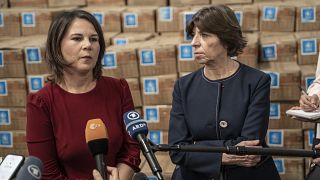

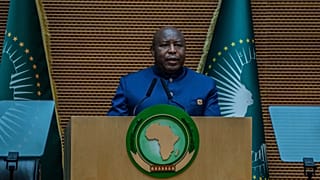
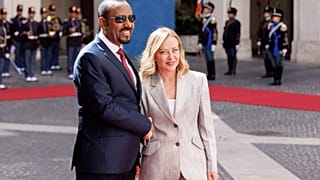
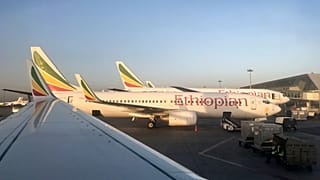
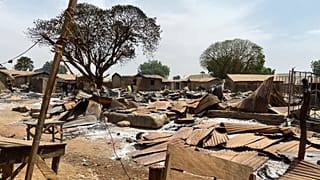
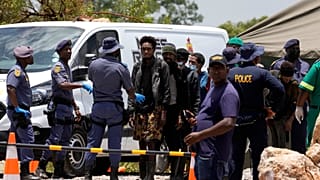
00:34
UN rights chief urges Ethiopia and Eritrea to de‑escalate tensions
01:08
Eritrea rejects Ethiopian claims of troops operating inside its borders
01:11
Ethiopia-Eritrea tensions: Fears of armed confontation grow
Go to video
Ethiopia denies Trump claim that US funded Nile mega-dam
Go to video
U.S. and AU agree to create taskforce to bolster relations
01:04
Ethiopia: Flights from capital to Tigray cancelled as tenions mount